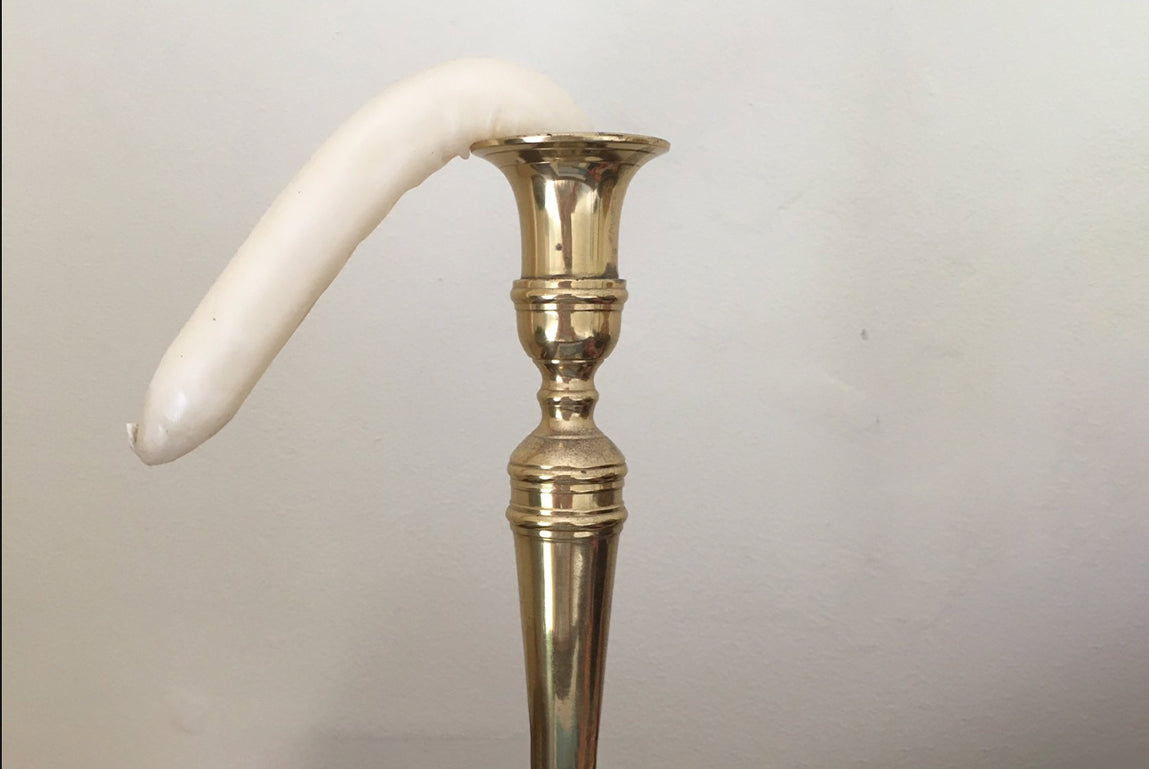

Erectile Dysfunction (ED) is a common condition affecting millions of men worldwide, characterized by the inability to achieve or maintain an erection sufficient for satisfactory sexual performance. Fortunately, advancements in medical science have led to the development of various medications that effectively treat Erectile Dysfunction. In this article, we'll delve into how these medications work to restore sexual function and enhance the quality of life for those experiencing Erectile Dysfunction.
Understanding Erectile Dysfunction
Before delving into the mechanisms of Erectile Dysfunction medications, it's essential to understand the physiological processes involved in achieving an erection. When a man is sexually aroused, signals from the brain trigger the release of chemicals that relax muscles within the penis, allowing blood to flow into the erectile tissue. This increased blood flow engorges the penis, resulting in an erection. Conversely, when sexual arousal diminishes, the muscles contract and blood flow decreases, causing the penis to return to its flaccid state.

Mechanisms of Erectile Dysfunction Medications
Most Erectile Dysfunction medications work by enhancing the effects of nitric oxide, a natural chemical produced by the body that relaxes penile muscles and increases blood flow to the penis. Here's a closer look at the common types of Erectile Dysfunction medications and how they function:
Phosphodiesterase type 5 (PDE5) Inhibitors
PDE5 inhibitors are the most commonly prescribed medications for Erectile Dysfunction. They work by blocking the action of an enzyme called phosphodiesterase type 5, which regulates blood flow in the penis. By inhibiting PDE5, these medications promote the accumulation of cyclic guanosine monophosphate (cGMP), a chemical that relaxes penile muscles and increases blood flow, leading to an erection. Common PDE5 inhibitors include sildenafil (Viagra), tadalafil (Cialis), and vardenafil (Levitra).
Alprostadil
Alprostadil is a synthetic form of prostaglandin E1, a naturally occurring chemical in the body that dilates blood vessels and promotes blood flow. It can be administered via injection directly into the base or side of the penis, or in the form of a urethral suppository. Alprostadil works by relaxing penile muscles and widening blood vessels, facilitating the influx of blood into the erectile tissue to produce an erection.
Testosterone Replacement Therapy (TRT)
In some cases, Erectile Dysfunction may be attributed to low levels of testosterone, the primary male sex hormone. Testosterone replacement therapy involves administering testosterone in various forms, such as injections, patches, or gels, to restore testosterone levels to normal ranges. By replenishing testosterone levels, TRT can improve libido, erectile function, and overall sexual performance.
Lifestyle Modifications
In addition to medications, certain lifestyle modifications can also help alleviate Erectile Dysfunction symptoms. These may include maintaining a healthy diet, regular exercise, managing stress, limiting alcohol consumption, quitting smoking, and addressing any underlying health conditions such as diabetes or hypertension that may contribute to Erectile Dysfunction.
Conclusion
Erectile Dysfunction (ED) can significantly impact a man's quality of life and intimate relationships. Fortunately, a variety of effective treatments are available, ranging from medications that enhance blood flow to the penis to testosterone replacement therapy and lifestyle modifications. By understanding how these treatments work, individuals experiencing erectile dysfunction (ED) can work with their healthcare providers to identify the most suitable approach for restoring sexual function and reclaiming their confidence and vitality. As always, it's crucial to consult a healthcare professional for personalized advice and guidance tailored to individual needs and medical history.








